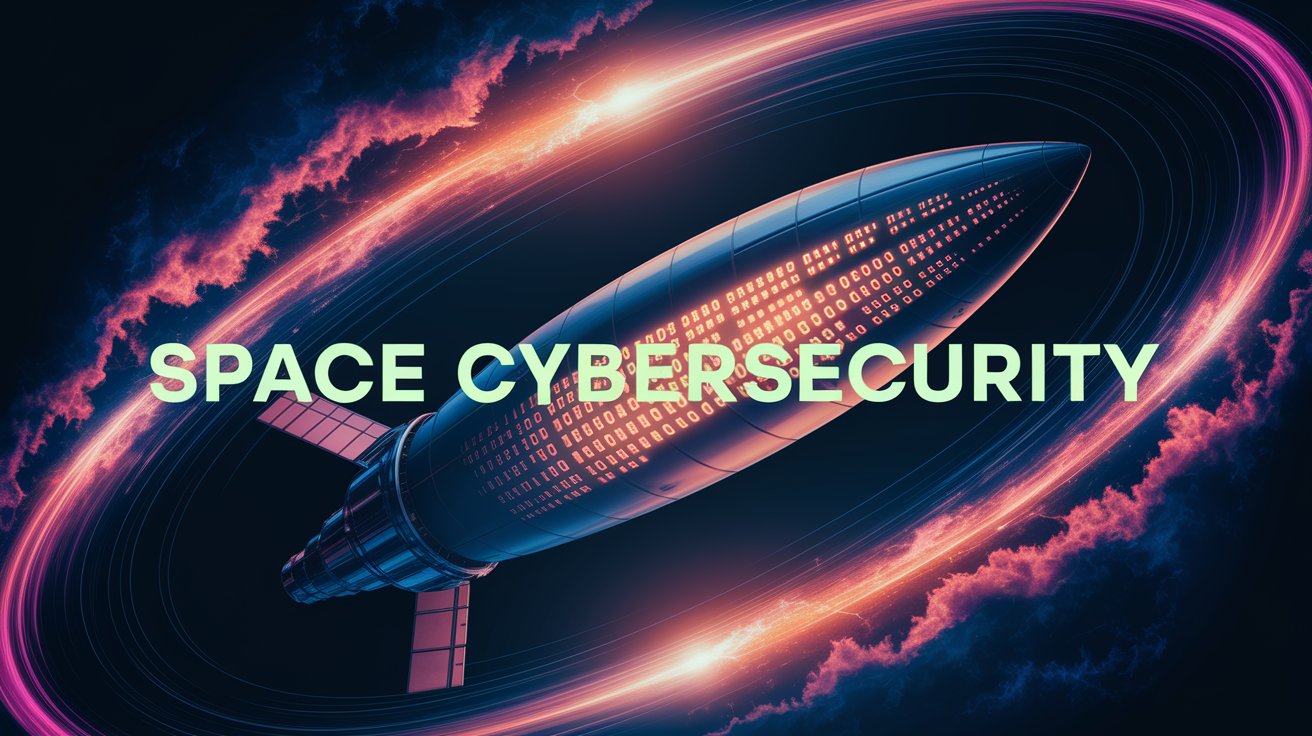This report analyzes the space cybersecurity market from 2024 to 2029 and describes various industry and technology trends prevailing in the market. The space cybersecurity market is expected to grow from USD 4.52 billion in 2024 to USD 6.96 billion by 2029, registering a CAGR of 9.0%. The increasing dependency on satellite-based services is driving the need for secure data transmission solutions. Rising concerns related to space asset security due to political tensions among neighboring countries are also fueling the adoption of cybersecurity solutions.
Download PDF Brochure @
https://www.marketsandmarkets.com/pdfdownloadNew.asp?id=175849133
The space cybersecurity market is growing swiftly with new technologies such as zero trust architecture (ZTA), artificial intelligence (AI) and machine learning (ML), blockchain, and quantum key distribution (QKD). ZTA is gaining momentum in space cybersecurity as traditional security models are no longer suitable for protecting space systems. This model operates under the assumption that internal and external networks may be compromised, requiring continuous verification and validation of all users and devices attempting to access systems. It ensures that each interaction with satellites or ground systems is authenticated and authorized in a space environment. With space assets often spread across vast distances, a zero-trust model reduces the risk of cyberattacks by ensuring only authenticated, authorized access is allowed to critical space-based infrastructure, minimizing potential entry points for attackers.
Based on region, North America is expected to hold the largest share of the space cybersecurity market, with the US at the forefront of commercial and defense space activities. The country dominates satellite deployments through programs such as Starlink and Project Kuiper, as well as critical defense satellites operated by the Department of Defense (DoD) and the National Reconnaissance Office (NRO). These assets require advanced cybersecurity solutions to counter evolving threats. Significant investments from the US Space Force prioritize space infrastructure protection as a national security imperative. The region also benefits from the presence of leading aerospace and cybersecurity agencies and firms, including NASA, Lockheed Martin Corporation (US), Northrop Grumman (US), and SpiderOak Inc. (US), fostering continuous innovation. Early adoption of AI-powered threat detection, quantum-safe encryption, and secure satellite communications further strengthens North America’s competitive position. A robust regulatory framework, guided by the National Space Policy Directive 5 and NIST guidelines, compels public and private space operators to commit substantial cybersecurity budgets.
Based on offering, the services segment is expected to be the fastest growing in the space cybersecurity market. It is primarily driven by the complexity of cyber threats and the surge in demand for managed security services (MSS). Increasing preference for MSS among satellite operators and government space programs to mitigate risks and enhance operational resilience is also accelerating demand. Managed services offer continuous cybersecurity management and real-time threat detection capabilities, driving significant growth.
Based on platform, the satellites segment is expected to lead the space cybersecurity market, driven by the rapid expansion of satellite constellations, increased dependency on satellite-based services, and vulnerability of satellites to cyber threats. The growing deployment of commercial satellite constellations for communication (e.g., Starlink, OneWeb, Amazon’s Project Kuiper), Earth observation, navigation, and defense creates high demand for robust cybersecurity solutions to safeguard these assets. Moreover, due to their connectivity with ground networks and inherent operational complexity, satellites have become increasingly vulnerable to cyberattacks, such as signal spoofing, jamming, hacking, and unauthorized access. This vulnerability necessitates enhanced satellite-specific cybersecurity solutions.
Key Market Players:
Key players in the space cybersecurity market are Thales (France), Leonardo S.p.A. (Italy), Lockheed Martin Corporation (US), General Dynamics Corporation (US), Booz Allen Hamilton (US), and SpiderOak Inc.(US). These companies are well-represented geographically and offer a wide range of offerings. They rely on their diverse solution and service portfolios and R&D capabilities to grow their market share.
Ask for Sample Report @
https://www.marketsandmarkets.com/requestsampleNew.asp?id=175849133
Opportunities in the North American space cybersecurity market continue to expand, subject to increased satellite launches by SPACEX (US), strategic collaborative partnerships, technological upgrades, and substantial R&D investments. These developments primarily focus on the need for innovation in space cybersecurity. With rising cyberattacks, the security concern related to space assets is increasing, further fueling market growth. However, data security challenges in inter-satellite communication links and complexity in real-time cybersecurity threat response in space may impede market growth.

